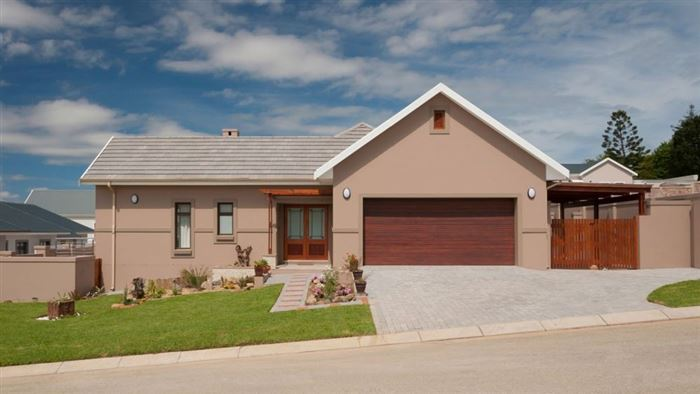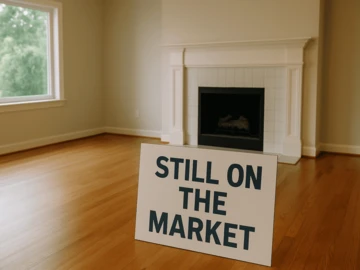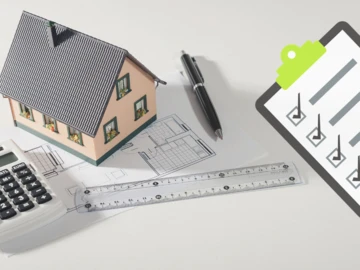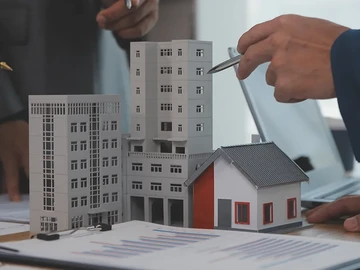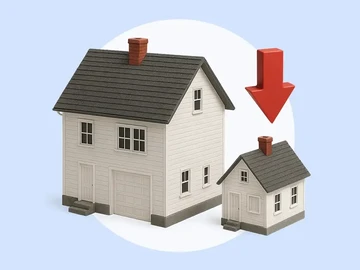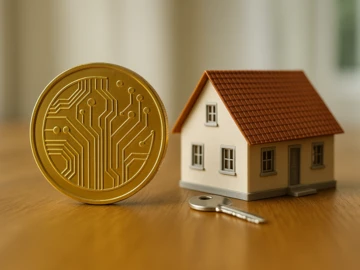Buying a house is a dream come true for many, but the excitement of finally finding the perfect property can lead to costly oversights. Before signing an offer to purchase, make sure to thoroughly inspect the property and its surroundings.
Neighborhood First Impressions
Before viewing the property, drive past it during the day and at night to get a feel for the neighbourhood. Take note of traffic noise, nearby amenities, and overall atmosphere.
Key Things to Check When Viewing a Property
1. Dampness and Water Damage: Look for signs of dampness on walls and ceilings, which could indicate water leaks or damaged roofs. Check for cracks, repairs, and discoloured grouting.
2. Toilets and Kitchens: Ensure the flushing system works properly, and check for leaks behind the toilet seat and cistern. Taps should open and close easily without dripping.
3. Carpentry and Finishing: Check that cupboards, doors, and skirtings are in good condition and properly attached. Ensure doors open and close easily, and locks have working keys.
4. Sewerage and Plumbing: Inspect the condition of pipes and fixtures. Damaged or blocked systems can lead to high bills and health hazards.
5. Floors and Surfaces: Check for loose tiles, wear and tear on carpets, and marks on other floor types.
6. Electrical Works: Ensure electrical installations are well-functioning and securely covered.
7. Outbuildings and Garages: Inspect the condition of roofs, floors, windows, and doors. Check for leaks and ensure remote-controlled doors and gates work properly.
8. Perimeter Walls and Fences: Ensure they are sturdy and secure, with gates that open and close easily.
9. Utility Bills and Fixtures: Ask about utility bills and what fixtures and fittings the owners will leave behind.
What to Do if You Find Defects
If you find defects, you can:
- Make an offer subject to the seller agreeing to fix the problems
- Estimate the cost of repairs and make a lower offer
Remember, a thorough inspection can save you from costly surprises down the line. When buying or selling make sure you do a thorough inspection of the property before doing the transaction.
Share this article with anyone who's in the process of buying a property!
 Continue with Facebook
Continue with Facebook
 Continue with Email
Continue with Email

